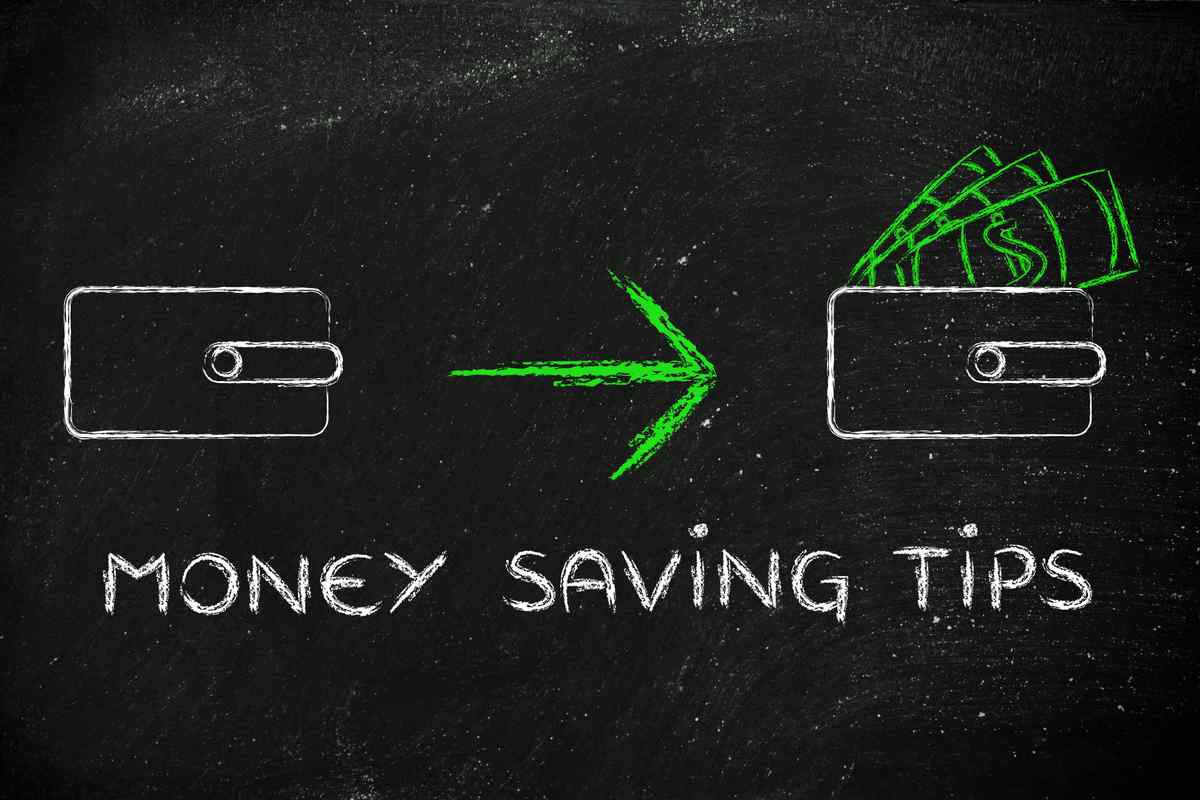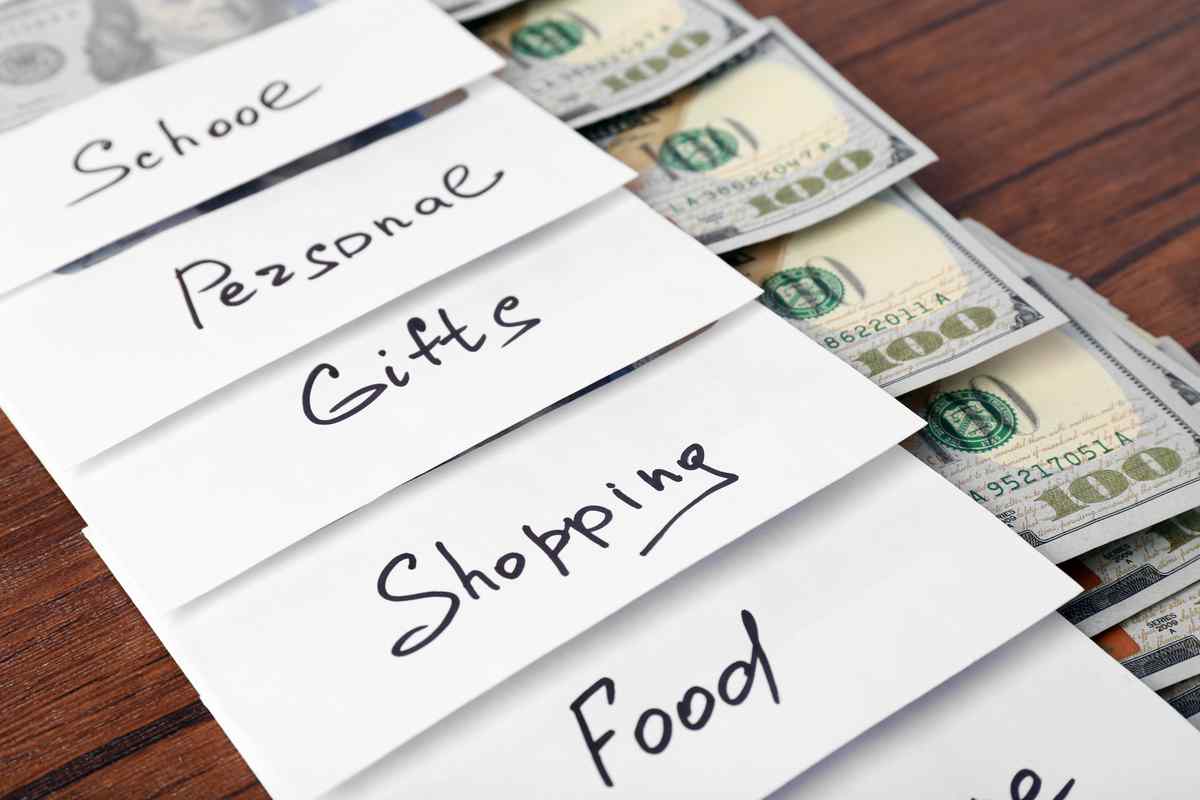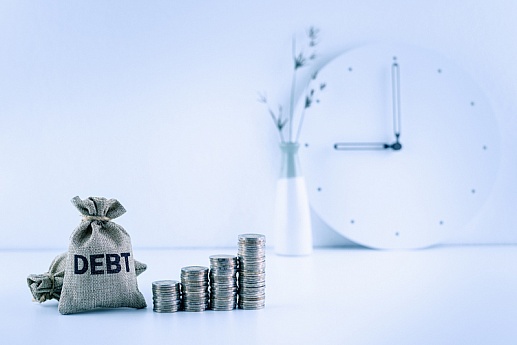10 Super Simple Ways to Start Saving Money from an Expert
Are you feeling overwhelmed about saving money and managing your finances? While some may say that saving money requires a degree in economics, many straightforward methods beg otherwise. There are plenty of ways to start saving that don’t require big sacrifices or cutbacks. More often than not, the simplest way to begin piling those dimes is to simply be aware of your finances, from income to expenses.
Top 10 Money-Saving Tips

1. Make a Budget
At the core of it, saving plans are mainly operated through budgets. Budgeting is a key component to categorize your expenses and income, as a means to find a balance between the two.
You can start by continually checking your credit card statements, house bills, receipts, and weighing in the necessities such as rent, home loan, transport, and other financial invoices. After doing so, you can start deducting these expenses from your income for a better picture of what’s leftover.
Remember that you will need to update your budget at least once a year to keep up to date with all the changes.
Focus on the Little Things
Going hand in hand with budgeting, tracking your spending is the next best thing to do when looking for easy ways to save money. This includes all expenses, the big picture, and insignificant day-to-day bills. From your home loan installment to your daily cup of coffee, all expenses must be recorded and kept on file. After doing so, you can compare your spending with your budget and start knocking off expenses that seem too “absurd.” Many pennies, dimes, and dollars slip from between our fingers without any notice – just as they say, it is the little things that count.
Focus on the Bigger Things
While the little things count, you should look at the more significant expenses, too. That’s how to save money each month.
It never hurts to check bank statements for large cash outflows. Determine whether these expenses are essential or if there is a possible detour or alternative. While duel and transportation costs are considered necessities, there are ways to decrease those expenses considerably.
Employ the 50/30/20 Rule
According to the popular financial budget rule - the 50/30/20 rule - it is ideal to reserve 50% of your income for essential expenses, 30% for optional and voluntary purchases and set the 20% for savings. Implying this method will help break down the essentials and needed purchases without having your budgets overlap. While it may be ideal to consider 20% of your monthly income for your savings, it is not always easily doable for all salary expectations.
In other words, if your income is high, it would be better to set a higher rate of savings. This will give you the chance to set aside a higher amount. However, if 20% of savings seems like an impossible task, then there are other ways to implement savings without harming your necessities.
2. Pay Off Your Credit Card

While you may be making your minimum payments on your cards, sometimes that is just not enough. Having lingering debt may harm your financial state and ultimately deprive you of saving. One great money saving tip is to avoid missing repayments, late payment fees, and penalties by simply closing off your account in full. This will open the path to set aside the monthly cash that was once dedicated to paying the minimum credit card bill. After paying off your dues, you find that credit card overspending is a problem, get rid of them. Use only a debit card or cash.
This quick way to save money also works on installment loans, helping you avoid extra fees and interest.
3. Open a Savings Account
Restrict your cash to a savings account to avoid temptation and occasional “borrowing.” A savings account is a place where you can safely store what’s left after paying your monthly necessities. You may find a considerable high-interest rate return.
Use Envelopes Instead

There is more than one way to save. If you have not yet jumped on the banking system of cash monitoring and prefer the cash, then envelopes will do. It is an old-time, yet efficient money-saving tip.
Start by accumulating envelopes and mark each with the relevant expense. You can have an envelope for rent, groceries, clothes, bills, etc. Once your envelope for the particular cost is empty, you have hit your limit. You cannot withdraw cash from another envelope. Make sure to include a savings envelope and seal it shut.
4. Control Your Wants
It may be tempting to buy clothes online. However, one of the best ways to save money on a tight budget is to control your spending. Draw a fine line between your needs and wants. Many experts advise waiting at least 24 hours (maybe more if you need it) before buying an impulse purchase.
Instead of checking the dollar value of your purchases, think of them in terms of hours worked. This will help put things into perspective and may have a more massive effect on your purchasing power. Rather than considering the shoes at the cost of $60, think of them as a total of half a day worth of work. This will then make sure that your purchase is a need and a necessity.
Although saving money should be a habit incorporated into your daily routine, not everyone knows how. Now more than ever, you need to follow personal and business budgeting tips during a recession.
5. Start Small

The best way to save money is to start small. Even 5% or 10% of your income is enough. This will instigate the concept of money saving in your monthly cash routine without harming your necessary purchases.
The faster you start saving money – no matter the amount – the quicker you will begin accumulating and adopting cash awareness. Starting small depends solely on your personal income situation and spending rate. You may have a considerably larger salary, but with too many necessary purchases that you cannot forego, this should not affect your saving rate. Keep in mind that for a successful saving strategy to take place, you must ensure money-saving tips to fit your needs and style.
6. Use Money-Saving Tips for Food
Eating out is expensive, especially if you do it a lot. Save money by eating out less and cooking for yourself. That means you may need to brush up on your cooking skills, and it means more grocery store shopping (sorry).
Don’t leave for the store until you make a shopping list. At the store, the pre-packaged, processed foods are usually in the center. Not only is this food more expensive, but it’s also bad for you. Shop around the edges of the store to save money and eat healthier.
Instead of buying ‘brand name’ foods, medications, or household products, buy generic brands or store brands.
Use coupons when grocery shopping. Some stores even double coupons. Grocery sales are a great time to stock up on things you already use – canned vegetables, pasta, cereal, coffee, etc.
7. Cut Costs on Transportation

You can improve gas mileage and save money on fuel by keeping your vehicle’s tires inflated to the proper pressure. To prevent unnecessary vehicle repairs, perform regular maintenance, and tune-ups on your car as recommended by the manufacturer.
Save even more by walking, biking, or taking public transportation if you can – even if you own a car.
If you have to buy a car, make it a used one. As soon as you sign the papers and drive it off the lot, it has already lost a large percentage of its value. Don’t pay sticker prices. Be willing to haggle a little.
Slow down when driving on the highway. These days, most cars get their best gas mileage at around 60 mph. Not only does slowing down save money on gas, but it may also be safer.
8. Save When Shopping for Clothes
Wear your clothes for longer before buying new ones. And when you need new clothes, visit thrift stores before going to retail stores.
Don’t shop at the mall, and never pay retail for anything.
If a shirt or pants have a small hole or are missing a button, don’t get rid of them. Learn to make minor clothing repairs.
9. Spend Less from Home

Your wallet is never in more peril than when you’re “safe” at home. Consider the following money-saving tips you can take advantage of within the walls of your house.
- Stop using paper napkins, paper towels, and paper or Styrofoam plates. Invest in cloth napkins, cloth kitchen towels, and real plates, which last for years and save you loads of money.
- Be careful about recurring purchases you can sign up for with the click of a button. Online retailers try to get you to sign up for recurring shipments, locking you into a product that you may not want a few months from now.
You can save a lot of money by cutting the cord, but only if you don’t replace cable TV with multiple subscriptions to streaming services. - Unless you really need a home phone, get rid of your landline. Buy a cheap mobile phone to use as your home phone or use an inexpensive VOIP (voice over internet protocol) service.
- Don’t hire someone to do something you can do for yourself. If you can clean your own house, don’t hire a maid service. If you can cut your own grass, don’t hire a lawn service.
- Stop buying all the latest electronic gadgets. It doesn’t really matter if your TV or mobile phone is two or three years old.
- If you need a tool, check with friends and neighbors first to see if you can borrow it before buying it.
- Get a “family plan” for cell phones and mobile devices. It is sometimes cheaper than individual plans.
There are many ways you can save on your home electric bill. Many appliances passively use electricity even when they’re idle. Unplug appliances like toasters or coffee makers when not in use.
Turn off the lights that you aren’t using. Switch out incandescent bulbs for LEDs or compact fluorescents. Invest in a programmable thermostat. If you already have one, program it so your AC or heating won’t run when you don’t need it (like when you’re asleep or not at home). Turn your AC up a couple of degrees (warmer) in summer and your heat down a couple of degrees (cooler) in winter.
10. Don’t Be Too Cheap
The best money-saving tips do just that – save you money. Don’t be too cheap, though. Look beyond the price tag to the value you get for your money.
Sometimes buying the cheapest item means you’ll need more money to replace it.
Your goal should be to spend less money. However, you also want to get the best value for the money you do spend. Learn to be smart with your money so you can keep more of it in your pocket.
It can always help to attend a class or seminar on money management or personal finance. Even if you have to pay for the class, it will teach ways to save money during your lifetime.





